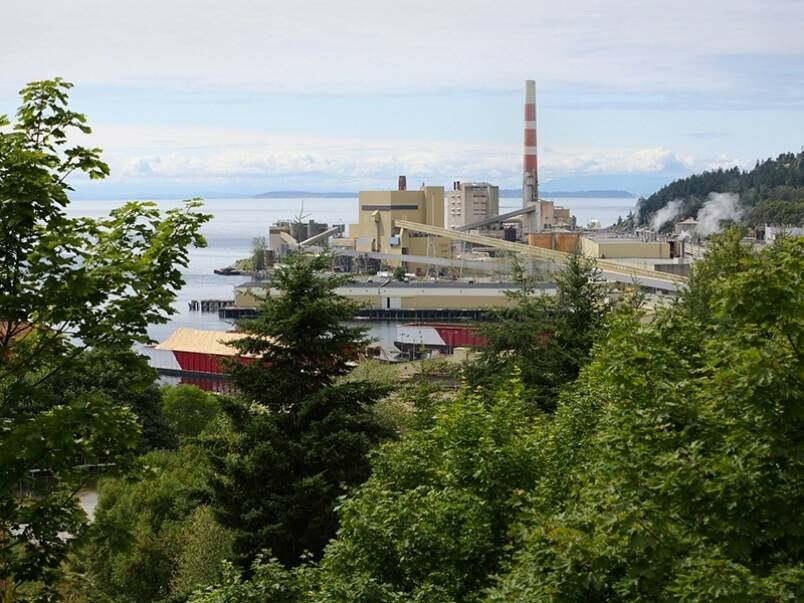Paper Excellence capped off an unprecedented series of multibillion-dollar buyouts this year to become the largest forestry company in Canada.
Members of Parliament investigating the company’s business ties and corporate structure learned Friday that Industry Canada did not conduct a net benefit analysis to see if the company’s recent $3-billion US purchase of Domtar and $2.7-billion US buyout of Resolute Forest Products were in the economic interests of Canadians.
NDP natural resource critic Charlie Angus said he was “absolutely gobsmacked.”
“How is it possible the government could say that there wasn’t an obligation to question the net benefit to Canada?” said Angus.
“I certainly can’t see there’s any benefit in turning over our forests, our environment to a company that’s a series of shell companies, and they refuse to tell us who owns it.”
The federal probe follows the release of a journalistic investigation by the International Consortium of Investigative Journalists that found a series of links — including leaked emails, corporate documentation, shipping records and interviews with former employees — connecting Paper Excellence, ostensibly owned by Jackson Wijaya, and Asia Pulp and Paper, headed by Wijaya’s father.
The committee motion to investigate Paper Excellence, passed in March, called on Wijaya and Minister of Innovation, Science and Economic Development Francois-Phillipe Champagne to answer questions. Neither Wijaya nor Champagne have appeared before the committee.
On Friday, officials from Champagne’s ministry told MPs net-benefit reviews of foreign acquisitions occur only in cases where they meet certain guidelines — including whether they are linked to military supply chains, espionage, critical minerals, sensitive technology, or are near a sensitive site or military base.
Paper Excellence — a foreign-owned company, controlled through several shell companies — does not meet that bar because its acquisitions dealt in the purchase of pulp and paper infrastructure and logging concessions totalling more than 22 million hectares (roughly seven times bigger than Vancouver Island).
“I want to know if anybody representing the Canadian government thought there were red flags when turning over such a massive amount of forest,” Angus said. “Because if they didn’t think any of that mattered, then God help Canada.”
Bloc Québécois MP Mario Simard questioned senior department officials about whether their national security review of the deals revealed Paper Excellence was ultimately controlled by Asia Pulp and Paper.
Mark Schaan, the department’s senior assistant deputy minister of strategy and innovation policy, said Jackson Wijaya was found to be the beneficial owner of Paper Excellence. Schaan declined to comment on any links it found between Paper Excellence and APP, citing confidentiality agreements under the Investment Canada Act.
A day before the meeting, Glacier Media and other media partners reported on a 2017 briefing note provided to the Nova Scotia government affirming Paper Excellence was ultimately controlled by APP.
On Tuesday, a Paper Excellence executive told MPs ties had been cut with APP in 2015, two years earlier.
Dan Albas, Conservative MP for B.C.’s Central Okanagan-Similkameen-Nicola riding, asked Schaan to provide any documentation that would refute the links drawn in the Nova Scotia government briefing note. The department official once again said the confidentiality agreement prevented him from doing so.
Since the investigation was announced, Angus said Paper Excellence lobbyists had put “heavy pressure” on some MPs with mills in their ridings. He said he was concerned “scaring local communities” would get in the way of the committee’s obligation to carry out due diligence.
“This is not a witch hunt. This is about giving Canadians accountability and answers,” Angus said.
The investigation is scheduled to continue June 6.



